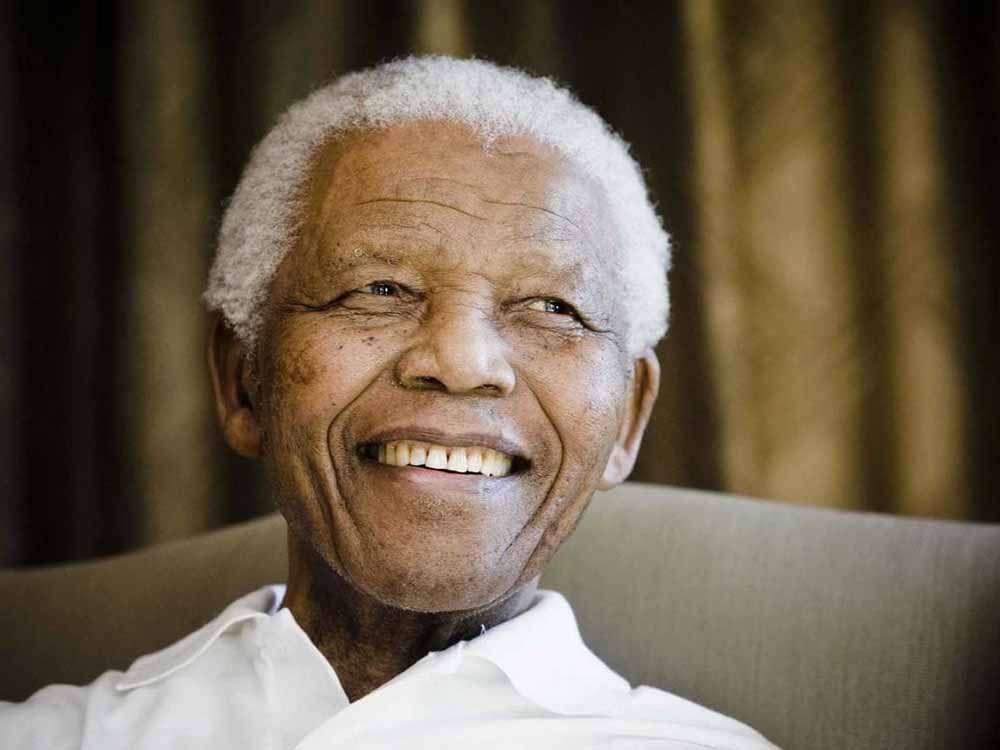Nelson Mandela – A Legacy of Leadership and Liberation in 2013
The year 2013 marked a significant moment in history as the world mourned the loss of Nelson Mandela, a global icon of peace and the struggle against apartheid. This comprehensive overview will explore the life and legacy of Nelson Mandela, his impact on the world, and the events surrounding his passing.
Nelson Mandela – A Life of Courage and Conviction
Nelson Mandela was born in 1918 in the Eastern Cape of South Africa. His journey would take him from a small village to the presidency of a nation. Mandela’s life was marked by his unwavering commitment to justice and equality. He became an active member of the African National Congress (ANC) and, later, a leader in the fight against apartheid, the system of racial segregation that had been enforced in South Africa for decades.
In 1964, Mandela was arrested and sentenced to life in prison for his role in anti-apartheid activities. He spent 27 years behind bars on Robben Island, emerging as a symbol of resistance and resilience.
The Release and Triumph of Nelson Mandela
The turning point in Mandela’s life came in 1990 when he was released from prison, signaling the beginning of the end for apartheid. He engaged in negotiations with the South African government and worked tirelessly to dismantle the oppressive system. In 1994, the nation held its first multiracial democratic elections, and Nelson Mandela was elected as South Africa’s first black president.
Mandela’s presidency was characterized by his commitment to reconciliation and nation-building. He established the Truth and Reconciliation Commission to address the human rights abuses of the past, and he actively worked to heal the deep wounds of apartheid.
A Global Icon of Peace and Justice
Nelson Mandela’s impact extended far beyond the borders of South Africa. He became a symbol of peace and justice on a global scale. His ability to forgive and unite a deeply divided nation served as an inspiration to people around the world. Leaders, activists, and ordinary citizens looked to Mandela as an embodiment of the principles of equality, justice, and reconciliation.
One of the most iconic moments in Mandela’s life was his inauguration as South Africa’s president in 1994. The event marked the end of apartheid and the beginning of a new era. It was attended by world leaders and dignitaries and broadcast to millions of viewers worldwide.
Legacy and Passing in 2013
Nelson Mandela’s legacy continued to grow in the years following his presidency. He remained an advocate for peace, human rights, and social justice. In 2013, at the age of 95, Nelson Mandela’s health began to decline. He passed away on December 5, 2013, leaving the world in mourning.
His passing prompted an outpouring of grief and a global celebration of his life. World leaders paid tribute to his contributions, and millions of people in South Africa and beyond came together to commemorate his memory. Mandela’s funeral was attended by a multitude of world leaders, dignitaries, and ordinary people who had been touched by his legacy.
In conclusion, Nelson Mandela’s life and legacy in 2013 encapsulated the struggle for justice, the triumph of reconciliation, and the enduring power of his message of peace and equality. His passing marked the end of an era, but his impact continues to shape the world and inspire future generations to work for a more just and equal society.











